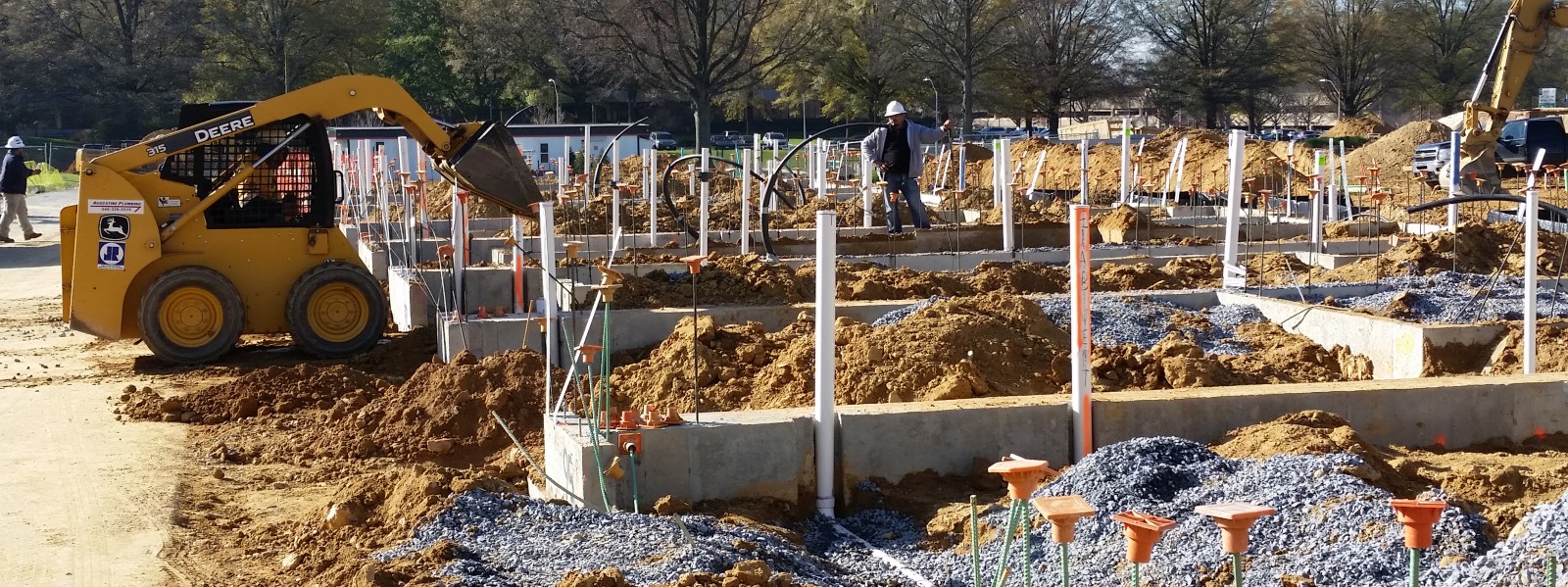Many new homes are being built with tankless water heaters already installed. Are you considering upgrading your water heater to a tankless? Here are a few items to consider before calling a plumber.
What is a tankless water heater?
A tankless water heater, also known as an on-demand water heater has a sensor that detects flow on the hot water lines. An electric or gas heating element then heats up the water as it passes through the pipes on the way to your faucet/shower. Unlike a traditional tank water heater, once you have hot water, it’s an endless supply, rather than being limited to whatever is in the tank.
a tankless water heater is not instant hot
A lot of places will call tankless water heaters “instantaneous”. They are not. they heat up the water at the unit nearly instantaneously, but it still has to travel from there to wherever you are calling for water.
Pros of tankless water heaters
- Smaller – where space is important, this can really help
- they are up to 50% more efficient than a tanked water heater, which can add up to nearly $80 in energy savings each year.
- energy efficiency = environmentally friendly. Using less water and less energy to heat that water is good for the environment.
- They are more durable than a standard water heater. they have a 20 year life cycle compared to 6-12 years on a tank heater.
Cons of tankless water heaters
- They are more expensive. A tankless water heater can cost twice as much as a comparable tank unit. Adding on installation fees (see below for more information on installation) and it can take 20 years to recoup your costs. As they become more ubiquitous, prices are decreasing.
- Make sure you have your unit sized correctly for your needs. Consider where and when you use hot water (e.g. does everyone in the house need to shower at the same time every morning?) to make sure that the unit is large enough to cover your needs.
- Because water is only heated on demand, you won’t get any hot water during a power outage, where you could at least drain your tank on a traditional water heater
- Tankless units require more regular maintenance. All heaters should be drained regularly, but tankless units are susceptible to breakdowns in hard water situations and can require monthly or quarterly filter changes and flushes.
- They are more complicated than traditional water heaters. they’re a lot smarter – many have apps to control and monitor units remotely – but that means more to potentially go wrong, or more need to a trained technician to diagnose issues.
Installation considerations
venting/piping
Tankless heaters often require greater gas service and additional venting (or fresh air makeup) compared to a tanked water heater. This can result in more expensive installation than a simple upgrade to a newer tanked water heater. In some cases, a retrofit may not be possible.
There is no universally right decision when considering tankless or tanked heaters. In order to keep up with energy efficiency requirements, tank heaters are getting larger due to increased insulation around the tanks, but they are also increasing in efficiency in their own right. If you are considering an upgrade, make sure to have a licensed plumber (that’s us) take a look and see what if feasible in your current configuration.

